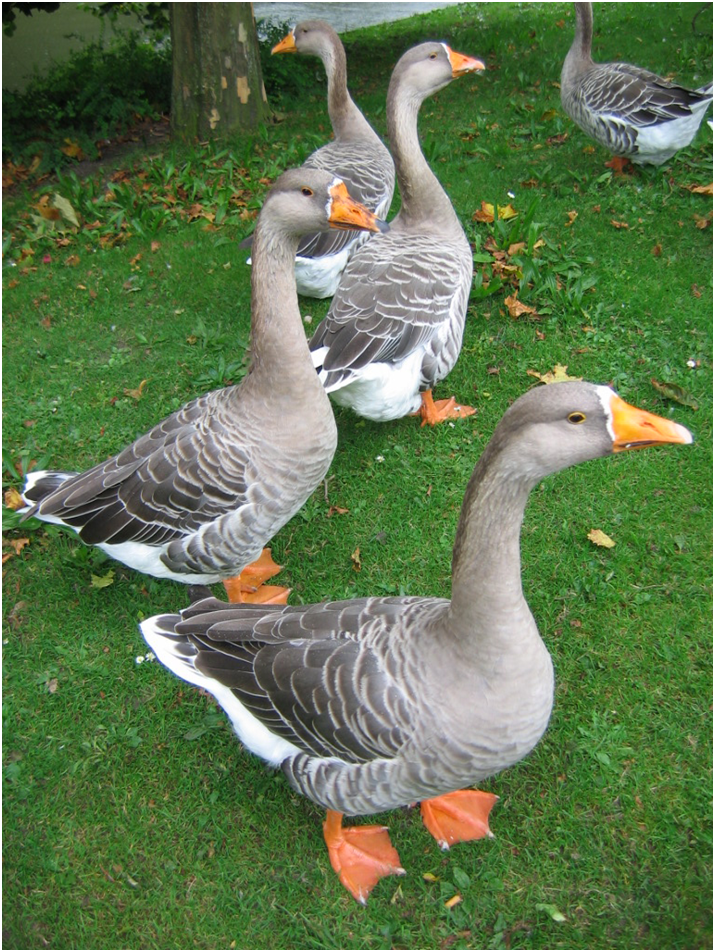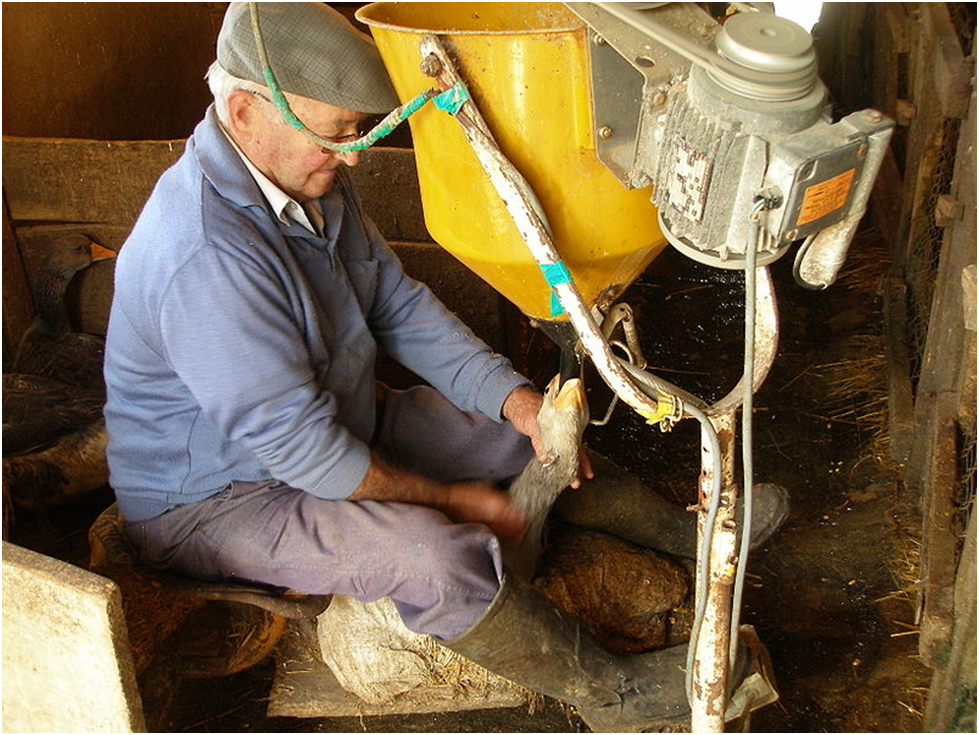 My husband and I, and our two boys, raise 4 chickens (and a 5th that ended up being a rooster). We wanted to share with our boys what it’s like to raise something that you are responsible for, but that also provides for the family. Every day they go out and collect their eggs, feed and water them, and play with them. They also get to enjoy the fruits of their labor with all sorts of egg recipes!
My husband and I, and our two boys, raise 4 chickens (and a 5th that ended up being a rooster). We wanted to share with our boys what it’s like to raise something that you are responsible for, but that also provides for the family. Every day they go out and collect their eggs, feed and water them, and play with them. They also get to enjoy the fruits of their labor with all sorts of egg recipes!
Did You Just Say They Play With The Chickens?
Yes. In fact, each of them has their own personality, but there’s one in-particular that stands out from the rest – her name is Miss Elsie.
Every time anyone walks outside, she runs to the gate that separates her from our deck and patiently waits for her treats (typically leftover veggies, veggie peelings or warm oatmeal). Even when I forget to bring anything out, she convinces me that it’s worth it to go back in as her friends slowly crowd around her waiting for their treats too.
And Elsie’s the only one of the flock that will let you pet her and hold her (which can sometimes be a messy situation, but you learn how to hold them). It’s really been a fun experience for all of us; to the point that I don’t think we could ever eat them (not sure what we’re going to do when they get older though). I seriously couldn’t look at the chicken on my plate and know it’s Miss Elsie – I think my boys would agree with that notion too.
What’s This Foie Gras Thing?
Now, I suppose I should say that I don’t live in Boulder. I actually live up in the mountains where we can raise chickens if we want. It’s a small town, but I like that lifestyle. And I suppose because of this fact, I’ve never heard of Foie Gras. That was, until I received an email on the ban of Foie Gras in California.
I may be a small-town girl, but I’m also a bit of a nerdy-researcher when it comes to new topics. I engulf myself in things until I understand everything about it – the history behind it, why there’s a ban in the first place, what the farmers think, what the restaurants think, etc. Of course everyone is going to have their own opinion (and this story is mine), but I believe that in order to really be able to form an opinion about something, you should be informed on the subject matter beyond one online article. So I researched it.
I read that article that was sent to me, and they mentioned how the ducks are force fed to enlarge their liver to be 6x what a normal liver should be in a healthy duck, and that “ducks and geese experience fear, as well as acute and chronic stress from the multiple daily force-feedings and the pain associated with them. And force-feeding can cause a number of injuries: bruising or perforation of the esophagus; hemorrhaging and inflammation of the neck resulting from the repeated insertion of the pipe into the throat; and asphyxia caused by food improperly forced into the trachea.” (The Humane Society of the United States).
What Bertrand Hug Says
The article above concluded with a story from a restaurateur that mentioned how upset he was about the ban and that as a child, he saw these birds on his family farm as happy to receive their force fed meal. Of course I had to read that article too.
Bertrand Hug does a great job letting us know how his life on the farm was in France. He mentions many other animals that were raised on the farm: all of them to help feed the family or earn income for them.
This is a pretty typical life on a farm, and for the most part, I grew up the same way. We had cows and goats for milk and cows and goats for meat. We had chickens for eggs and we had chickens for meat. We grew our own vegetable garden, and did our best to live off the land.
Hug goes on to say that yes, there were birds that were force fed, and the money that came from those fatty livers helped bring in “big money.” I was still cringing as I read up this point, but I suppose I can also relate with his recollection of all the ducks running up to be fed – that’s my Elsie. And that the experience of those ducks being force fed is like a bird that swallows a fish whole. Furthermore, he states that all of those birds were far happier than the other ducks that weren’t force fed. I’m not sure on my stance with this though; I don’t think I could ever force feed Elsie just to plump her up.
A Little History Story
The history of increasing the size of a goose from force feeding dates back to 2498 BC, where the Egyptian monarchy considered geese to be a delicacy, and the animal was often given as a gift. It was during this time that the first records of fattening a goose came to be; however, I should state that there are plenty of sites that say that the Egyptians may have been fattening the birds so that they appeared plump, which of course was for pleasing the gift receiver.
In the second century BC the term Foie Gras came to be known as a food source, also seen as a delicacy. The Greeks and Romans both attribute themselves for discovering this dish, and thus spreading the popularity of the force feeding to bring it to the table around the world.
Today, France considers Fois Gras a cultural gastronomical heritage and is the leading producer and consumer of both forms – duck and geese.
It was in 1974 that the first ban was enforced for force-feeding animals, which occurred in Norway. Other countries that followed suit included Czech Republic, Denmark, Finland, Germany, Israel, Italy, Poland and the United Kingdom.
Last Thoughts
I grew up on a farm and have a family full of hunters, so yes, we all eat meat. But we believe in the ethical treatment of animals. I couldn’t imagine pumping Miss Elsie full of hormones just to make her eggs bigger, just like I couldn’t imagine pumping her full of food just to make her “plump for eating.” The eggs she lays (as well as the other chickens) are small in comparison to store eggs, just like the organic meat that we get from the local organic grocers is small in comparison to shopping at the normal grocers. And we’re okay with that.
I don’t follow all of my food from farm to plate, but I do try to make a conscience decision to feed my family with food that I at least know a little bit about – whether that be from the food we receive from hunting or because I read the labels on the food at the organic grocers before I buy it.
I also know that when I go out to restaurants I may not be eating food that was humanly raised (odds are that I’m not), but it is also a choice that I’m very aware of and wish I had more options up in my small town to be able to know that the meats were humanely raised.
I wanted to write this blog post about Fois Gras to get your feedback, not to say what my opinions were, but I found that it was harder to do than I thought. So, I must conclude by saying that if you are a farmer at a Fois Gras farm, or a restaurant owner that serves Fois Gras, I invite you to take a stance and help teach our audience more about Foid Gras and its best practices.
P.S. As one of my co-workers, Molly, read through this, she mentioned that I should post a picture of Elsie. But the only photo I had at the time was one that was uploaded to Instagram last year, which was when the chickens were much younger, but it’s still cute! Elsie’s the white chicken on the left looking at the camera.
 Corner Booth Blog | TundraFMP Restaurant Supply, News & Equipment Blog
Corner Booth Blog | TundraFMP Restaurant Supply, News & Equipment Blog






Interesting article Kasy! I too, was born and raised on a farm and now being in the restaurant business, (following my passion, not the dollar) I come across many facts and fictions as it relates to food. Agriculture has been around since the beginning of time. And agriculture has done a fine job of increasing production and efficiencies to feed all of the world. And just because some in our society might not think some of our husbandry practices are not right or moral, it is just that, their opinion. They have a right to that just as I have a right to mine. I become angry when I am told what I can and connot do just because my opinion is different than someone elses. So Thank You for printing an unbiased and fair recant of a topic that is probably new to many people. With information, comes wisdom. But information means hearing all sides of the story. Not just the one that supports your position the best. You did a nice job. Let the farmers coninue to force feed if that is what they need to do. And those that don’t like it, then they can go places that don’t prescribed to the practice. This way everyone is happy.
Excellent article and very informative. I am not a fan of anything that makes the animal’s life anymore difficult than it already is. Thanks for the story.